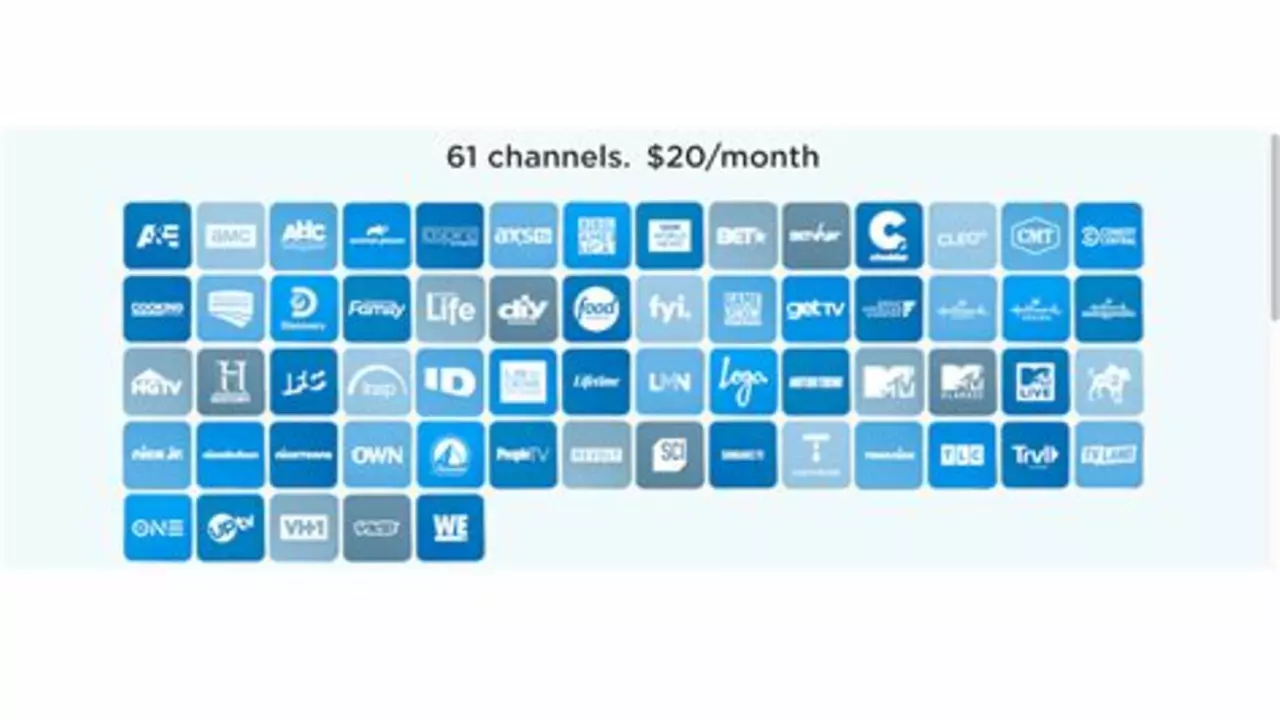Ranking: How to Read, Use and Trust Lists
Rankings are everywhere — best news channels on YouTube, most popular Hindi papers, top sports teams, even lists of who did what in politics. They look helpful, but how much should you trust them? This page collects practical tips so you can spot useful rankings and ignore the rest.
First, ask what the ranking measures. Is it raw views, readership, expert votes, or an algorithm mixing several scores? For example, a list claiming "best Indian news channel on YouTube" might base that on subscribers, video views, or editorial quality. Those are very different things. If the list doesn’t say, treat it with caution.
Quick checklist to judge any ranking
Check the time frame — recent data matters. Look for methodology — clear criteria and weightings. Note the sample size — a poll of 50 people isn’t the same as national data. Watch for conflicts — is the list sponsored or does the site benefit if a name wins? Finally, compare multiple rankings to see if a pattern emerges. If three independent sources place the same outlet or team on top, that’s more meaningful.
Think about context. A sports ranking that lists which events are hardest to fix a winner might rely on factors like number of players, transparency, and anti-corruption measures. A news ranking could favor balance and depth over raw traffic. Context tells you whether the ranking answers the question you care about.
How to use rankings without getting misled
Use rankings as a starting point, not the final word. If you see "most popular Hindi newspaper," check readership numbers and regional reach before subscribing or citing it. If a ranking says a politician was both PM and CM, check dates and sources for accuracy. For student athletes wondering whether to play two sports in high school, look for rankings of time commitment, injury risk, and academic impact rather than just a list that sounds inspiring.
Dig into footnotes. Good rankings explain their data sources and limits. Bad ones hide it. If you want to compare news outlets, find metrics like fact-check records, corrections policy, and reader trust scores, not just clicks. For sports, check whether rankings account for subjectivity (like judged sports) or team size (which adds complexity).
Finally, keep a healthy skepticism. A shiny list can help you discover options — a TV channel to watch, a paper to read, a sport to follow — but always cross-check. Use rankings to save time, then verify the ones that matter to you. On this tag, you’ll find articles that compare channels, papers, sports and more; use them with the checklist above and you’ll make smarter choices fast.
